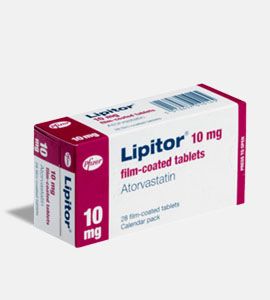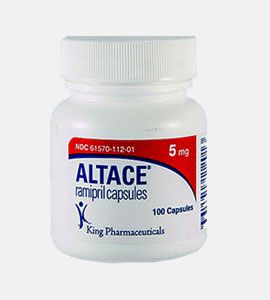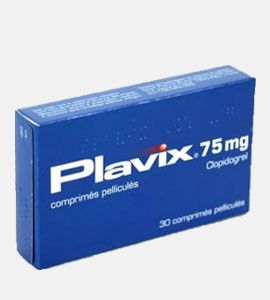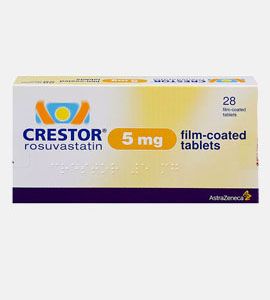Description
Common use
Atorvastatin is a cholesterol-lowering which used to treat high cholesterol or to lower the risk of stroke, heart attack or other heart complications in patients with coronary heart disease or second type of diabetes. Atorvastatin helps to clear harmful low-density lipoprotein cholesterol out of the blood and by limiting the body's ability to form new LDL cholesterol. Thus can help prevent hardening of the arteries and heart disease, conditions that can lead to vascular disease, heart attack, stroke.
Dosage and direction
Take it orally once a day with or without food. Atorvastatin should be taken with a full glass of water. The commonly dose for adults is 10 mg once daily. The commonly dose for children 10 to 17 years of age is 10 mg once daily. Using Atorvastatin in children less than 10 years of age is not recommended and dose must be determined by your family doctor. Note: this instruction presented here just for review. It's very necessary to consult with your doctor before using. It helps you to get the best results.
Precautions
People with diabetes, underactive thyroid glands, kidney disease, or muscle disease sometimes need additional tests before or during atorvastatin therapy since dosage adjustments may be required. Do not use large amounts of alcohol while taking this drug because it can worsen the adverse effects of this medicine on the liver. Atorvastatin should not be used during pregnancy, becoming pregnant or lactating without doctor's advice. Do not use Atorvastatin before breast-feeding without doctor's permission.
Contraindications
Atorvastatin is not allowed to people who have liver problems or unexplained abnormal liver function tests. Do not use it if you are taking an HIV protease inhibitor (eg, ritonavir), itraconazole, or mibefradil. Also, Atorvastatin contraindicated if you are hypersensitive to any components of this medication, pregnancy or breast-feeding.
Possible side effect
They may include all types of an allergic reaction. Also, the most possible side effects include muscle pain, tenderness, or weakness with fever or flu symptoms; or nausea, clay-coloured stools, stomach pain, low fever, jaundice, loss of appetite, dark urine. Less serious include: mild nausea or stomach pain, stomach upset, heartburn; constipation, bloating, gas; stuffy nose; itching, skin rash; headache. If you experience one of them stop using Atorvastatin and tell your doctor as soon as possible. Also, consult with your doctor about any side effect that seems unusual.
Drug interaction
Atorvastatin interacts with the following drugs: digoxin; erythromycin or clarithromycin; gemfibrozil or fenofibrate; niacin; an antifungal medication such as itraconazole, fluconazole, or ketoconazole; drugs that weaken your immune systems such as cancer medicine or steroids, cyclosporine, sirolimus, tacrolimus, and others; HIV or AIDS medication such as indinavir, nelfinavir, ritonavir, lopinavir-ritonavir, or saquinavir. Also, note that the interaction between two medications does not always mean that you must stop taking one of them. As usual, it affects the effect of drugs, so consult with your doctor about how it interactions are being managed or should be managed.
Missed dose
If you forgot to take your dose in time, please do it as soon as you remember. But do not take if it is too late or almost time for your next dose. Do not increase your recommended dose. Take your usual dose next day in the same regularly time.
Overdose
Symptoms of Atorvastatin is not known well but most possible include a severe drop in blood pressure and a faster heartbeat. If you experience one of them or any unusual symptoms call your doctor immediately.
Storage
Store at room temperature between 59-77 degrees F (15-25 degrees C) away from light and moisture, kids and pets. Do not use after expiration term.



